nail-surgery
Patient Presentation
Ingrown toenails, or onychocryptosis, occur when the edges or corners of the toenail grow into the surrounding skin. This common condition often affects the big toe and can cause significant pain, swelling, and even infection. Patients typically present with:
Pain and Tenderness: Especially along the sides of the toenail.
Redness and Swelling: Around the affected nail.
Infection Signs: Such as pus or drainage.
Difficulty Walking: Due to discomfort.
If conservative treatments such as soaking, proper nail trimming, and wearing comfortable shoes fail to provide relief, ingrown toenail surgery may be necessary.
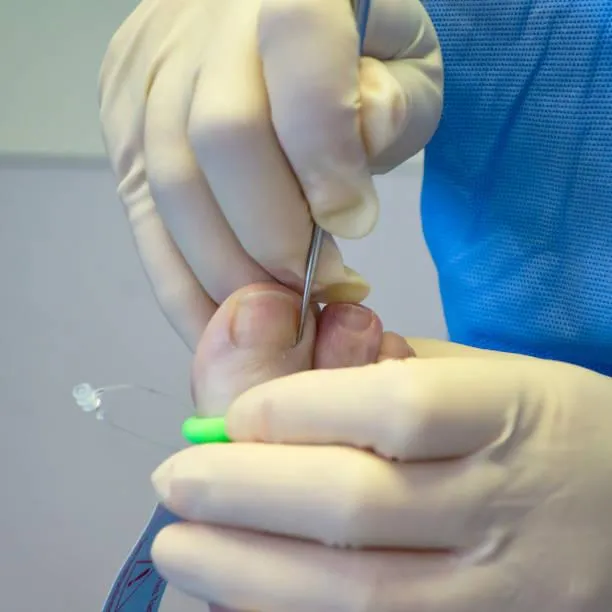
The Process of Ingrown Toenail Surgery
With extensive experience in nail surgery, your Podiatrist performs the procedure under local anaesthesia, ensuring patient comfort throughout. Below is an overview of the process:
1. Consultation and Examination:
The process begins with a detailed assessment of the affected toe, including a review of your medical history, discussion of symptoms, and evaluation of the ingrown toenail’s severity.
2. Local Anesthesia:
A local anaesthetic is carefully administered to numb the toe, ensuring the procedure is carried out comfortably and without pain.
3. Nail Surgery Procedure:
Partial Nail Avulsion: For most cases, only the ingrown portion of the nail is removed. This involves trimming or cutting away the side of the nail that is growing into the skin.
Total Nail Avulsion: In more severe or recurrent cases, the entire toenail may be removed. This procedure helps to prevent future ingrowth.
4. Chemical Matricectomy:
To reduce the risk of recurrence, a chemical agent (such as phenol) may be applied to the nail matrix. This destroys the nail-producing cells, preventing regrowth of the problematic section.
5. Wound Care and Dressing:
After the procedure, the surgical site is cleaned, and a sterile dressing is applied. You will receive instructions on home wound care.
Post-Surgery Care and Recovery
Pain Management
Post-operative pain is usually mild and can be managed with over-the-counter pain relievers.
Foot Elevation
Keeping the foot elevated helps reduce swelling.
Dressing Changes
Follow the care instructions for changing the dressing and keeping the area clean.
Activity Restrictions
Avoid strenuous activities and wear open-toed or loose-fitting shoes to allow the toe to heal properly.
Follow-Up Appointments
Regular check-ups ensure that the toe is healing correctly and to address any concerns promptly.
Benefits of Ingrown Toenail Surgery
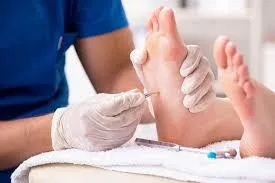
Pain Relief
Immediate and significant reduction in pain and discomfort.
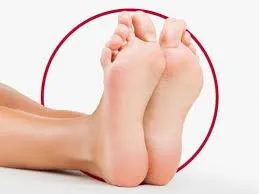
Infection Control
Prevents the spread of infection and promotes faster healing.
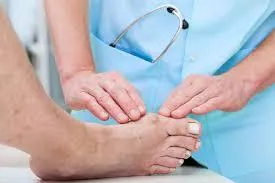
Long-Term Solution
Especially with a chemical matricectomy, the risk of recurrence is significantly reduced.
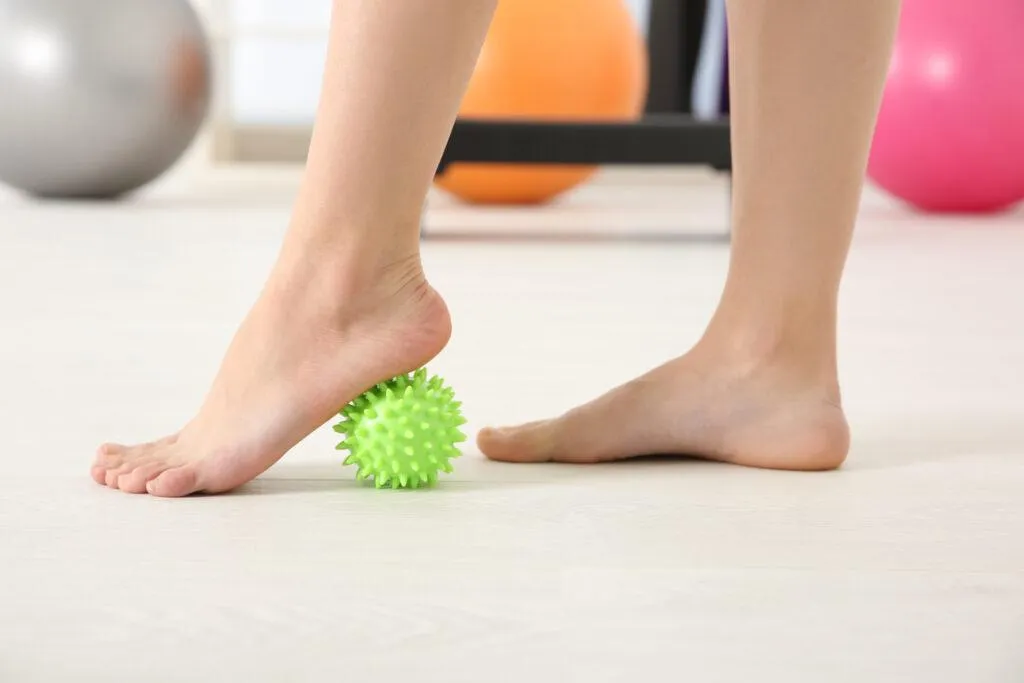
Improved Mobility
Allows patients to return to normal activities without the hindrance of pain.
Expertise in Podiatric Surgery

With extensive training and experience in podiatric procedures, Neat Feet Podiatry Care provides comprehensive management for ingrown toenails. Clinical expertise includes:
Administering Local Anesthesia
Ensuring a pain-free procedure.
Performing Precise Nail Surgery
Using advanced techniques to remove the ingrown nail effectively.
Post-Operative Care
Offering detailed guidance to ensure optimal recovery.

TESTIMONIALS
What Clients Have to Say
These reviews reflect patients' personal opinions and experiences and are not an endorsement of clinical outcomes. They are not solicited or curated by Neat Feet Podiatry Care. The information provided by reviewers is their own, and does not represent professional advice. Individual results may vary, and this should not be taken as a guarantee of specific outcomes. For accurate information about our services, please contact us directly

